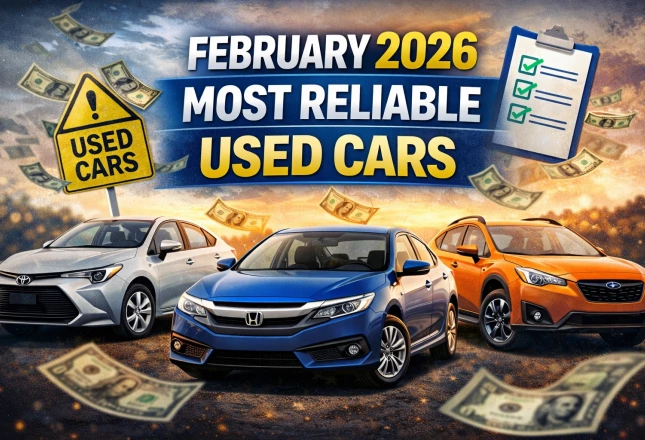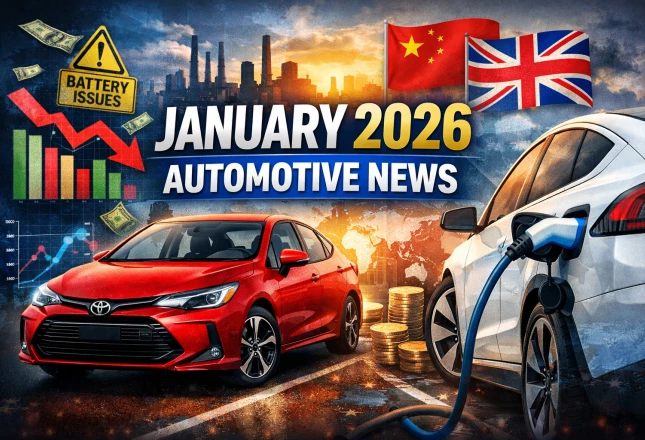August 6 / 2024
August 6 / 2024
August 2024; The latest in Automotive News

Latest in Automotive News: Innovations and Trends Shaping the Industry
The automotive industry is always evolving, with innovations and developments driving changes that affect consumers, manufacturers, and technology alike. Here’s a roundup of the most exciting recent news in the automotive sector that everyone is talking about.
1. Electric Vehicles (EVs) Continue to Dominate
As governments worldwide continue to push for sustainability, the shift toward electric vehicles is gaining momentum. Recent reports indicate that electric vehicle sales have reached record numbers, with Tesla, Ford, and new players like Rivian and Lucid Motors making significant strides. Major automakers are also increasing their investment in EV production, announcing plans for new electric models and building out their charging infrastructure. The adoption of EVs is expected to surge even further in 2024, driven by advancements in battery technology and growing environmental awareness.
Key Highlights:
- New Models: Major manufacturers have unveiled their latest EV models, including the Ford F-150 Lightning and the Chevrolet Silverado EV. These trucks promise impressive range, performance, and features that appeal to both traditional truck owners and new buyers.
- Infrastructure Development: The Biden administration in the U.S. has approved billions for EV charging stations, aiming to make long-distance travel more feasible for EV drivers.
2. Advances in Autonomous Driving Technology
The race to develop autonomous driving technology is heating up, with companies like Waymo, Cruise, and Tesla making headlines. Waymo has expanded its autonomous ride-hailing service in several cities, while Tesla continues to refine its Full Self-Driving (FSD) capabilities, though it has faced regulatory scrutiny regarding safety.
Key Developments:
- Regulatory Changes: As autonomous vehicles become more prevalent, regulations are evolving to address safety and liability concerns. The NHTSA is actively working on guidelines to ensure safe deployment.
- Real-World Testing: Companies are ramping up their real-world testing of autonomous vehicles, with more fleets on the road collecting data and improving their algorithms.
3. The Rise of Hybrid Technology
Hybrid vehicles remain a popular choice for consumers looking to save on fuel without fully committing to electric. With advancements in battery technology and engine efficiency, manufacturers are increasingly offering hybrid options alongside traditional combustion engine vehicles.
Recent Trends:
- Plug-in Hybrids Gaining Popularity: Many automakers are introducing plug-in hybrid versions of their best-selling models, offering flexibility for those who want to reduce their carbon footprint without relying solely on electric power.
- Sustainable Materials: In addition to hybrid technology, manufacturers are exploring sustainable materials in vehicle production, with several companies committing to use recycled plastics and plant-based materials in their interiors.
4. Connectivity and In-Car Technology
Today's vehicles are more connected than ever, with advancements in infotainment systems, driver assistance technologies, and communication capabilities. Innovations like over-the-air (OTA) updates are becoming standard, allowing manufacturers to improve vehicle performance and add features remotely.
Noteworthy Innovations:
- Enhanced Infotainment Systems: New systems from companies like Apple and Android are integrating seamlessly into car dashboards, enabling drivers to access apps, navigation, and music effortlessly.
- Vehicle-to-Everything (V2X) Communication: This emerging technology allows vehicles to communicate with each other and infrastructure, improving safety and traffic efficiency.
5. Emerging Market Trends
The automotive industry is also seeing significant shifts in consumer preferences, especially among younger generations. Many young buyers prioritize sustainability, technology, and innovative ownership models, such as car-sharing and subscription services.
Market Insights:
- Car-Sharing Services: Companies like Turo and Zipcar are expanding their offerings, catering to consumers who prefer access over ownership.
- Evolving Consumer Preferences: A growing number of consumers are more inclined to choose vehicles that align with their values, such as those with green technology and cutting-edge safety features.
Conclusion
The automotive industry is a dynamic and rapidly changing landscape, influenced by technological advancements, shifting consumer preferences, and global sustainability efforts. As we move into 2024, staying updated on these trends will be essential for anyone interested in the future of transportation. Whether you’re an industry professional, an enthusiast, or a prospective buyer, the innovations happening now are set to shape the vehicles of tomorrow.
Keep an eye on these developments, as they promise to create exciting opportunities and challenges in the driving experience for years to come!

